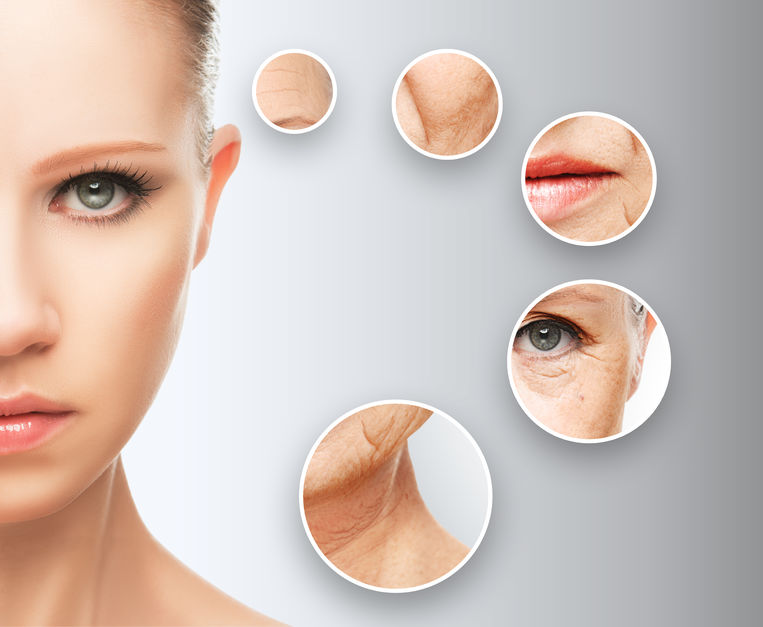Mesenchymal Stem Cell-Derived Exosomes Combat Skin Photoaging: Basic Research & Practical Application

Skin aging, induced by prolonged UV exposure, manifests as capillary dilation, pigmentation changes, dryness, sagging, and wrinkles. In a groundbreaking study by Wang et al. published in a Wiley journal in August 2023, the profound connection between mesenchymal stem cell-derived exosomes and skin aging was explored.
Mesenchymal stem cells (MSCs) possess remarkable antioxidant capabilities and the ability to proliferate, differentiate, and migrate. Their primary mode of action is through paracrine secretion, with exosomes emerging as the primary form of secretion. Stem cell-derived exosomes, laden with a diverse array of growth factors and cytokines, showcase significant potential in promoting skin repair and impeding the aging process.
Wang et al. focused on mechanisms underlying UV-induced skin photoaging, progress in utilizing stem cell exosomes against skin aging, and explores emerging application approaches and their limitations in practical exosome therapy. They reported that exosomes derived from various stem cells exhibit the potential to counteract skin photoaging, presenting a promising avenue for future therapeutic interventions.
A clinical study targeting chronic wounds, combining topical growth factors and proteinase inhibitors, has commenced. Additionally, innovative approaches such as the use of human gingival MSC exosomes, chitosan/silk hydrogel, and human placental MSC exosomes loaded into chitosan hydrogel demonstrate enhanced wound healing and skin rejuvenation in animal models. Other strategies involving microneedle rollers, sponge Haliclona sp. spicules, and 3D silk fibroin nonwoven materials show promising anti-skin aging effects.
Wang et al. also indicated that the application of exosomes faces challenges, including uncertainties regarding specific therapeutic components, lack of standardized quality management, and the need for exploration of combined treatments for enhanced efficacy.
Their research signifies substantial progress in understanding the mechanisms of skin photoaging, linking MMPs, TGFs, inflammation, immune disorders, and oxidative stress. The application of exosomes has shown effectiveness against skin aging, with ongoing studies exploring their clinical potential.
Collaboration between stakeholders and addressing challenges in exosome-based therapies are essential for advancing anti-aging treatments for the skin. Stem cell therapy, particularly using MSCs, holds promise but necessitates ongoing research and collaboration for safe and effective clinical applications in the anti-aging skincare realm.